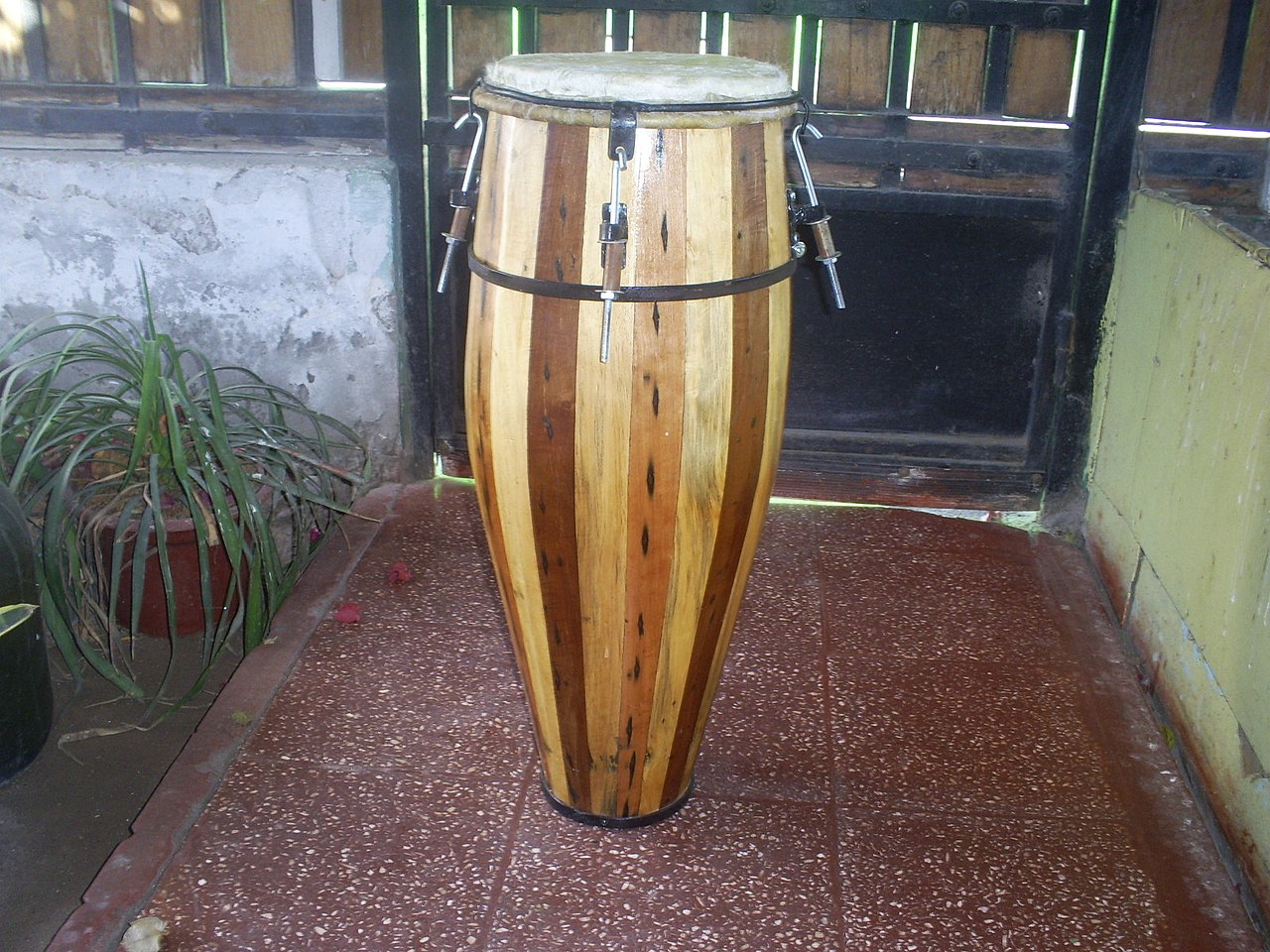
Haiti, the Essence of Africa in the Caribbean: Indigenism, Negritude, Humanocentrism (Continued)
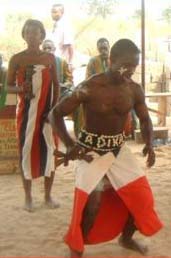
Vodou Dance
Vodou is practiced according to rites or styles of worship. At once a dance and the generic denomination for the socio-cultural practices retained from West Africa, Vodou religion is divided by its practitioners into two major categories: the Rada rite (Arada, Fon, Mahi, and Ewe) and the Kongo-Petwo rite (from Kongo/Luongo-Angola and the crucibles of the plantation system). The Rada musics/dances are the "yanvalou", "mayi", and "Zepòl" which form an obligatory trilogy to welcome Fon spirits, and the "nago gran kou", "nago cho", and "mazoun", a sequence to salute Yoruba spirits. Yanvalou means invocation, mayi means dance of the Mahi people, and Zepòl (shoulder) is a fast dance structurally linked to the fast "agbekor" (clear life) of the Ewe.
The Kongo-Petwo musics/dances consist of the "kita" and "boumba" (respectively dance of the Kita and Bumba people).
Other musics/dances, such as "Ibo" (Ibo people) and "kongo fran" (basic kongo), are performed during the Rada rite or at separate ceremonies. "Dyouba/Matinik" (Djouba people via Martinique) performed for "Azaka", the spirit of agriculture, also appears during the Rada rite. Finally, the "banda" (Banda people in Central Africa) is performed at the end of ceremonies in all rites to salute the"Gede" (Ghede people from the plateau of Abomey) spirits of life and death.
The instruments of Haitian ritual music are the drums, the rattles, and the bells (as is true of all Fon/Ewe and Yoruba-derived religious practices in the Americas) that accompany the chants, in addition to hand clapping and foot stamping as a result of dancing.
Composer: 0
-
"(Haitian Vodou music example) - Legba Plante'I Poto/ Papa Loko Di Yo Sa"
As in West Africa, and indeed most of Africa, drums are organized in a chorus of three according to size. The largest, "manman", or mother drum, the medium, "segon", and smallest, "boula", are played in counter rhythms that produce the soundscape characteristic of music in the African idiom.
Composer: 0
-
"West African Drums"
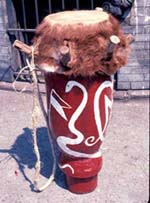
Rada Drum
Rada drums are made of hollowed out tree trunk sections covered with stretched cowhide attached with pegs inserted around the head. These drums are played with sticks and one hand. (The boula is played with two small sticks).
Kongo-petwo drums also employ hollowed out tree trunk sections, but are covered with goat skin attached with laces to the head.
Kongo-petwo are played with bare hands, thus the use of the softer goat skin. The smallest of the three drums of the kongo-petwo ensemble is called "kata", and played like the "boula", with two sticks.The "kata", is sometimes omitted, and this led to the confusion in Vodou music literature that kongo-petwo uses only two drums.
From a structural stand point, these drumming patterns generally appear in the ternary or 12/8 time signature, with the exception of the "kongo" which favors the binary form or 4/4. These rites constitute the foundation on which many folk and dance-hall musics are based; more specifically, the "kongo" which spawned the various types of merengues in Haiti, calypso in Trinidad and Tobago, reggae in Jamaica and zouk in Martinique. With the advent of the "Freedom Culture" (1970s), and the "rasin" or roots music movements (1980s), young people opposed to 200 years of dictatorship, poverty, and oppression, have explored, in greater depth, the musical possibilities of all the rites of Vodou, instead of just the predominant "merengue" and "konpas dirèt", both offshoots of the "kongo".
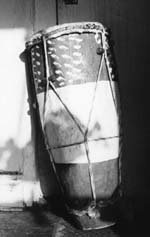
Kongo-petwo Drum

Jean Price-Mars, Writer
While Vodou practitioners have always understood its basic tenets, the Haitian educated class discovered Vodou ethics and potential through the work of Jean Price-Mars, who, in response to the first US Occupation (1915-1934), expressed the resentment of the intelligentsia by calling for a return to the African tradition that the elite had forsaken in favor of cosmopolitan values.
Moreover, the US Occupation and the Roman Catholic Church attacks on Vodou prompted responses from many writers like Jacques Roumain and musicians like Occide Jeanty and Werner Jaegerhuber. Known as Indigenism, and spearheaded by Price-Mars who became its father, the movement called for a local interpretation of the cultural patrimony.
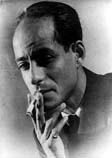
Jacques Roumain, Writer





Rara bands hold ceremonies to ask the spirits to protect them and their instruments on the spiritually dangerous streets.





